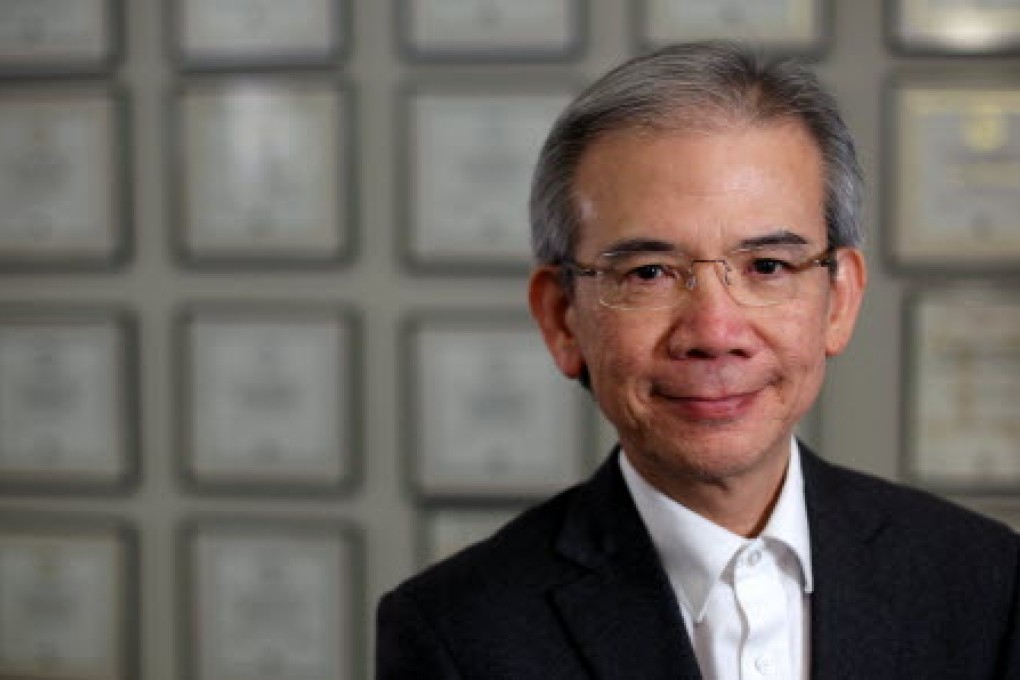Pragmatism will see Hong Kong through the heated electoral reform debate
We should focus on finding common ground and getting the democratic procedures right

The public consultation on how to select the chief executive in 2017 has gone on for nearly four months. We now have at least one consensus: that the great majority of Hongkongers want universal suffrage, irrespective of their political stance.
How this common wish is to be achieved is a major challenge.
The composition and electorate base of the nominating committee should be hot debating points. But the National People's Congress has decreed that the nominating committee "may be formed with reference to the current provisions regarding the Election Committee", implying that proposals outside this framework - such as expanding the base to all voters - are unlikely to be entertained.
What remains open for debate is how candidates should be put forth by the nominating committee "in accordance with democratic procedures", and how many are nominated.
The government's proposals on these two issues, at the next stage of the consultation exercise, will determine if a deal can be struck in the Legislative Council to enable this major step in constitutional development. If it is done, then we will enter a new phase under the Basic Law.
It is clear the central government will not accept any alternative source of nomination outside the nominating committee. Dwelling on public nomination and nomination by political parties will merely derail the consultation.
Pragmatism suggests it would be more productive for all sides to focus on getting the "democratic procedures" right. Insisting that the nominating committee must vote on candidates "as a whole organisation" might also mean no deal. It would be seen as a means for the central government to keep out unwelcome candidates at will. None of the 27 pan-democrats in Legco would dare to back it.